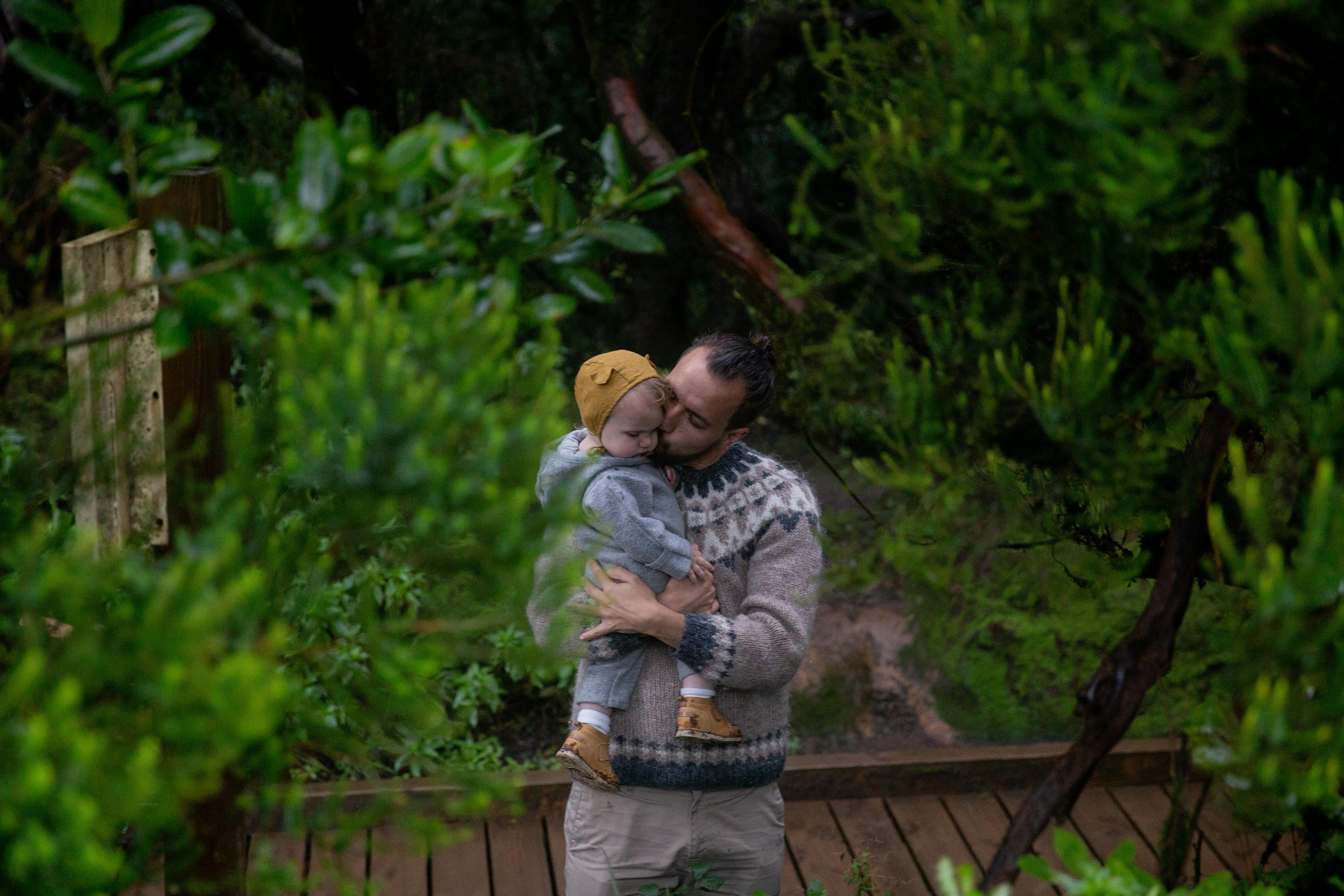So when is the right time? If you’ve ever made a New Year’s resolution or know someone who has, you’ll know that your chances of success are slimmer because a) you probably spent the month of December overspending, overindulging, and pandering to members of the family that avoids the most. of the year and b) you have a habit of unconsciously thinking and acting in a way that is counterproductive to your goal.
The good news is that you can make a conscious decision now and you have more than a month to make that change and avoid the pitfalls. It only takes 21 days to form a new habit and break an old one.
1) Increase your awareness
Identify the set of behaviors in relation to the area you want to change. This requires some thought about what you are doing or not doing, and possibly the reasons behind these actions. Most of what we do is routine and we may not even realize that we are on autopilot. Take a step back and take a look from an outside perspective. It can be helpful to write this down and you will be surprised what you see. You will probably find that you are spending a lot of time that you think you didn’t have doing things that you don’t want to do. This new level of awareness will prompt you to make a better decision consciously.
2) Identify behaviors that need to stop
Many of us spend too much time watching TV, aimlessly surfing the Internet, and a variety of other distractions, but say we don’t have time to do the things we want to do. We drive when we can walk at least part of the way. We drink one too many or light up that cigarette we don’t want. We make impulse purchases without considering options and affordability. It is helpful to allow some wiggle room on a conscious level so that the new change remains a challenge and does not become a chore. Our level of awareness of our behaviors will show us where change can take place.
3) Replace unwanted behaviors with positive new ones
Make a conscious decision to stop doing one thing and start doing another. It will depend on the behavior and the person whether it will work better to abstain completely or gradually introduce a new behavior. If it has to be a gradual change, consistency and progression will be necessary, so it’s important to have a plan and review it every few days.
4) Avoid procrastination and build motivation
The key to avoiding procrastination is to take action. Just do it. Rate yourself on a scale of 1 to 10 regarding reaching your goal. Ideally, you want to be in year 8, so if you score lower than this, it might be helpful to write down a list of pros and cons. This is your goal, so the pros outweigh the cons. Motivate yourself by visualizing how you will feel when you have achieved your goal. Break it down into steps, take each step one at a time, feel good about each step you take, and move forward one day at a time. It can also be helpful to tell another person what he is doing. We are more inclined to commit to something if we have told someone we respect that we are going to do it. That extra support will help keep you motivated.
Good luck and happy new year!
